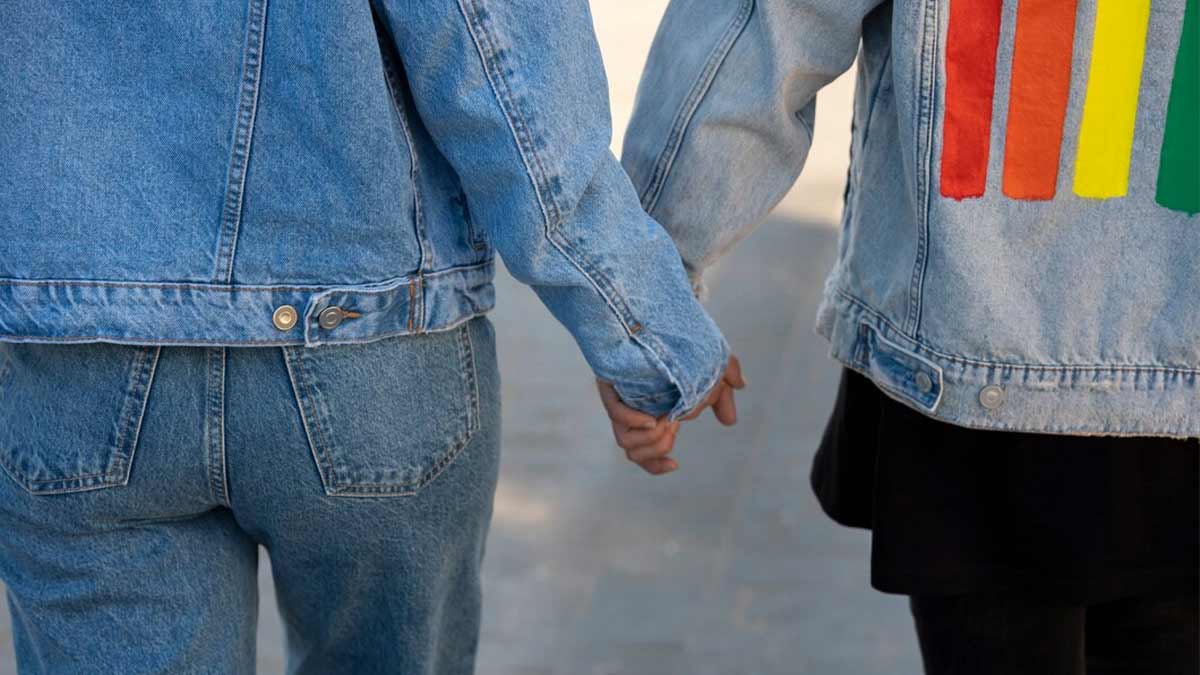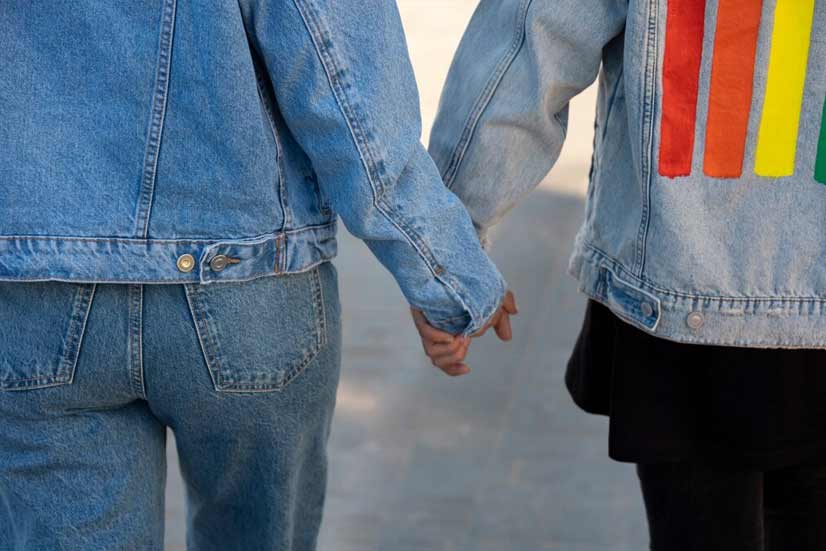
The Supreme Court finally announced its verdict on the legal recognition of same-sex marriage in India today. A five-judge bench comprising Chief Justice DY Chandrachud and Justices SK Kaul, Hima Kohli, SR Bhat, and PS Narasimha delivered the judgement on pleas seeking legal acceptance of same-sex marriages in the country.

The 5-judge Bench led by CJI DY Chandrachud announced that there will be four judgements in total, one by CJI and the other three by Justices S K Kaul, S R Bhat and P S Narasimha.
Chief Justice Of India, Chandrachud said, "The doctrine of separation of powers means that each of the three organs of the State perform distinct functions. No branch can function any others' function. The Union of India suggested that this court would violate the doctrine of separation of powers if it determines the list. However, the doctrine of separation of powers does not bar the power of judicial review. The Constitution demands that this court protect the fundamental rights of citizens. The doctrine of separation of powers does not come in the way of this court issuing directions for the protection of fundamental rights."
Queer Community Can't Be Discriminated Basis Their Sexual Orientation
"Homosexuality or queerness is not an urban concept or restricted to the upper classes of society," CJI asserted as per a report by TOI.
CJI during the verdict said that the right to marriage is given by the legislature and if there needs to be a change in the regime of Special Marriage Act, the Parliament needs to decide. "Equality demands that persons are not discriminated against on the basis of their sexual orientation," said the CJI.
Same Sex Marriages Can Be Registered Under Special Marriage Act
"If two transgender persons intend to marry, identify themselves as trans-man and trans-woman, their marriage can be registered under Special marriage Act. All LGBTQIA+ couples, identifying themselves as man and woman, can also marry," announced the CJI.
Need To Create Awareness About Queer Rights
CJI asks the Centre and states to have a hotline for the queer community, build safer houses for queer couples and take required steps to prevent inter-sex children undergoing forceful operations. CJI also underlined the need to sensitise the public about queer rights.
SC Can't Give Right To Marriage To Same Sex Couples
Justice S K Kaul agreed to CJI's judgement and shared that the state should ensure that no queer couple faces discrimination in accessing their fundamental needs. He further stated that giving queer couples right to marry wasn't possible for the court since it is a legislative decision.
Queerness Is A Natural Phenomenon
The Supreme Court announced that queerness was not an elite concept but a natural phenomenon and it is for the Parliament and State to decide if the unions should be legally recognised.
SC Can't Enter Legislative Domain
CJI Chandrachud commented that it is incorrect to state that marriage was an unchanging union. The Special Marriage Act if not changed can take India back to the pre-independence era and it is now for the Parliament to decide if they wish to make a change in the marriage act.
Legal Recognitition Of Non-Hetrosexual Unions
Justice Sanjay Kishan Kaul said that non-hetrosexual marriages were entitled to protection under the Constituition of India. He said, "Non-heterosexual and heterosexual unions must be seen as both sides of same coin." He further stressed how the legal recognition of same sex marriages will lead to marriage equality.
Same Sex Couples Have The Right To Live Together
Next, Justice S Ravindra Bhat shared that he agreed and disagreed with some views presented by the CJI. He said that same sex couples have no fundamental right to marry by the constituition but queer couples can live together freely as their right.
Child Adoption Access For Same Sex Couples
Same sex unmarried couples can jointly adopt a child confirmed the judiciary. Justice Bhat shared that Queer persons have the right to choose their partners and the State can't be forced to recognise the rights following same sex unions.
Transgenders Can Marry
CJI announced that a transgender man can marry a woman and vice-versa. If a transgender person marries a hetrosexual person, their marriage will be recognised legally as one would be a man and the other one a woman.
Courts Can't Create Legal Instituition For Queer Couples
Justice Bhat diagreed with CJI on issuing directions to the Union on the Special Marriage Act under the constitution of India. He said, “Courts can't create a social or legal institution for non-heterosexual couples. There's no unqualified right to marry and a consequent recognition by the State."
Right To Marry Not A Fundamental Right
Justice P S Narsimha observed that the LGBTQIA+ community can't claim same sex marriage right as it is not a fundamental right. The 5-judge Bench refused to give marriage rights to same sex couples.
Don't Miss: Understanding Constitutionality: Nepal's Landmark Decision To Legalise Same Sex Marriages

Don't Miss: Time To Update Laws: SC On Legalisation Of Same-Sex Marriage In India
Also watch this video
Herzindagi video
Our aim is to provide accurate, safe and expert verified information through our articles and social media handles. The remedies, advice and tips mentioned here are for general information only. Please consult your expert before trying any kind of health, beauty, life hacks or astrology related tips. For any feedback or complaint, contact us at [email protected].